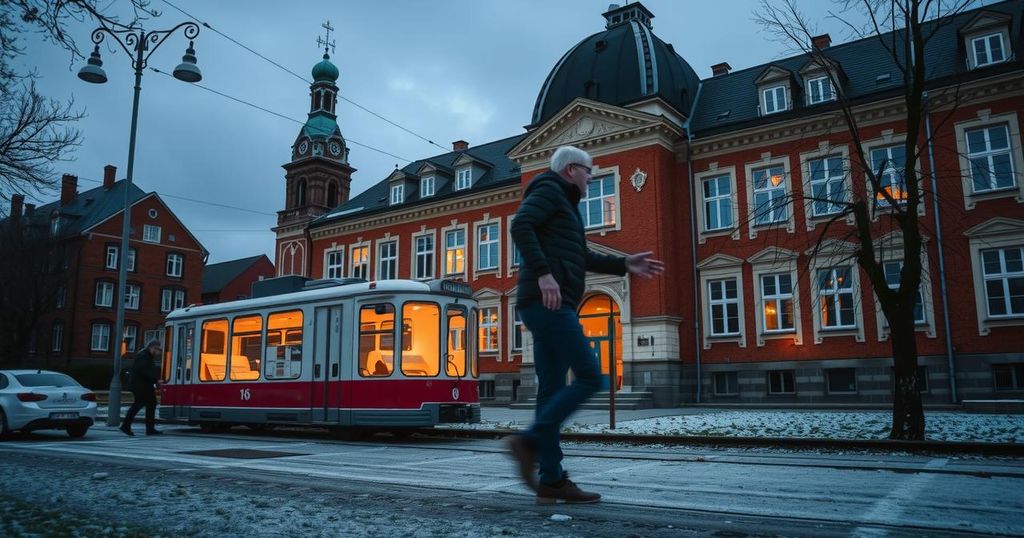Politics
ALICE WEIDEL, ANTISEMITISM, ASIA, BENJAMIN HÖHNE, BRANDENBURG, CHRISTIAN DEMOCRATS, DOMINIK KAUFNER, DW, EUROPE, EUROPEAN IDENTITARIAN NETWORKS, EUROPEAN UNION, GERMANY, LOWER SAXONY, MARTIN SELLNER, NORTH RHINE - WESTPHALIA, PARLIAMENTARY ELECTIONS, POLITICS, POPULISM, SPD, SVEN TRITSCHLER, SYRIA, TECHNICAL UNIVERSITY, WORLD WAR II
Fatima Khan
0 Comments
Impact of Magdeburg Attack on Upcoming German Federal Elections
The Magdeburg attack has been politicized by right-wing groups, with misinformation spreading about the assailant’s background. The suspect, Talib A., has been linked to previous warnings from Saudi authorities, raising security concerns ahead of federal elections. This incident is likely to shift political discourse towards migration and security, intensifying right-wing narratives and challenging broader strategies regarding inclusive migration policies. The influence of foreign actors complicates the electoral landscape.
The recent tragic attack at the Magdeburg Christmas market has quickly become a focal point for political discourse in Germany, particularly as national elections loom. Initial misinformation regarding the attack suggested multiple assailants and a terrorist plot tied to refugee status, with far-right figures and the Alternative for Germany (AfD) exploiting the incident to further their political agenda. The main suspect, Talib A., a long-term resident and vocal critic of Islam, was an individual previously flagged by Saudi authorities as a potential threat. Political scientists indicate that this incident is likely to intensify discussions around migration and security, roles traditionally championed by conservative parties such as the CDU and CSU. The rising influence of right-wing narratives within the political landscape could overshadow comprehensive migration policies that address Germany’s labor demands. Furthermore, the involvement of foreign figures such as Elon Musk in political discussions underscores the complex challenges that German institutions face in maintaining the integrity of their electoral processes.
The Magdeburg attack occurred at a Christmas market, resulting in multiple fatalities and injuries. It has sparked immediate political reactions, especially from right-wing groups that seek to tie the event to broader narratives about migration and security. Historically, such incidents have been used by political factions to enhance their platforms, focusing on security at the price of inclusive migration discussions. Over recent years, right-wing rhetoric has gained traction amid public fears surrounding immigration, often magnified by tragic events. With upcoming federal elections, the themes of migratory policies and security are expected to dominate the campaign discourse.
The attack in Magdeburg will likely shape the narrative leading into Germany’s federal elections, enhancing the focus on security and migration strategies. Far-right parties are poised to use this incident to bolster their stance, which may further marginalize nuanced discussions about migration’s positive contributions. The role of misinformation in political discourse, especially through social media, poses additional challenges for Germany’s democratic processes. The future of political campaigning in Germany may involve a greater emphasis on security, potentially sidelining valuable dialogue regarding migration policy.
Original Source: www.dw.com




Post Comment